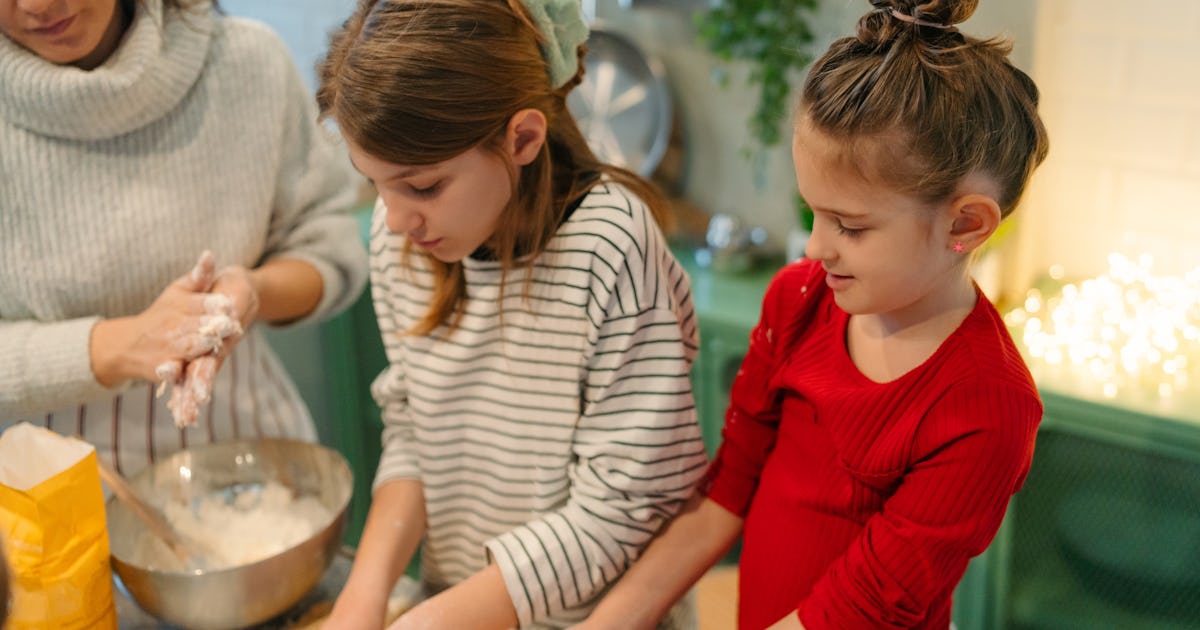
"I have three daughters, and while I assumed most eldest daughters of the family are bred that way by Type-A moms, it seems my own eldest daughter - who is most definitely not being raised by a Type-A mom - has already taken on some of the classic characteristics. Like when she sees me attempting a DIY project and asks for my phone so she can prepare to dial 911."
"But can I stop my eldest daughter from being an eldest daughter? Or when she says "be careful" more to the toddler than I do. Or when we were at a neighbor's party once and her little sister was hiding and she burst into tears because she thought she'd lost her own sister and she had potentially been kidnapped and it was all her fault."
"It is a result of cultural expectations of women as natural caretakers and homemakers. Even when she's not literally the first child, the eldest girl often gets cast as the reliable one, the helper, the organizer, the second parent. Families rarely assign these roles to eldest sons in the same way. That's less about biology and more about how society conditions girls to take responsibility and nurture."
Many people enjoy guessing birth order from personality cues and accept longstanding birth-order stereotypes. The eldest-daughter trope links age and gender expectations, often assigning caregiving, organizing, and second-parent roles to first daughters. Specific behaviors include heightened caution, responsibility for younger siblings, and anxious reactions when siblings are perceived as endangered. Families commonly entrust eldest girls with helper and household duties more than eldest sons. The pattern reflects cultural conditioning that frames women as natural caretakers rather than innate biological differences. Parents may wonder whether such role adoption can be changed, given early assignment of responsibility to eldest daughters.
Read at Scary Mommy
Unable to calculate read time
Collection
[
|
...
]